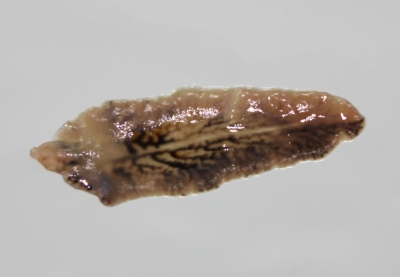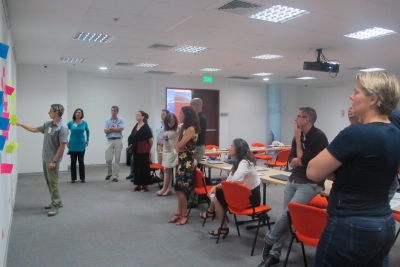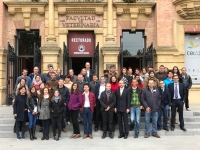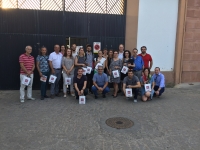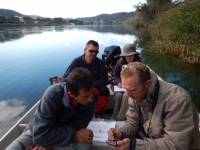PROJECT PARAGONE | The Infection Mechanisms of 'Fasciola', One of the Parasites that Inflicts the Most Livestock Losses, Are Studied
Escrito por UCC+iThe Paragone project discovers that 'liver fluke' controls the host's response from the first day it enters its body, and concentrated the fight against this parasite on its early stages
PROJECT COOP+|European Scientific Cooperation Takes On Global Challenges
Escrito por UCC+iThe EU promotes combining the potential of major research infrastructures to share data and seek solutions to major environmental challenges
PHOTO4FUTURE PROJECT|Nanomaterial design for continuous-flow photoredox processes applied to the pharmaceutical industry
Escrito por UCC+iThe PHOTO4FUTURE project has focused on proving the potential of photoredox processes applied to the pharmaceutical industry
LIFE CLIMAGRI PROJECT | 10 Good Agricultural Practices to Mitigate Climate Change and Erosion
Escrito por UCC+iThe project has disseminated the way to implement a responsible and profitable form of agriculture that helps combat environmental problems
PROVIDE PROJECT | Research into the Public Benefits Generated by Agriculture
Escrito por UCC+iThe Provide project advances a proposal for an environmental program for mountain olive groves and endorses incentives to protect the environmental benefits generated by agricultural activity
EBRO-ADMICLIM LIFE PROJECT | The Climate Solution for the Ebro Can be Expanded to Other Deltas
Escrito por UCC+iThe LIFE EBRO-ADMICLIM project studied different actions for adaptation and mitigation of climate change in the Ebro Delta


